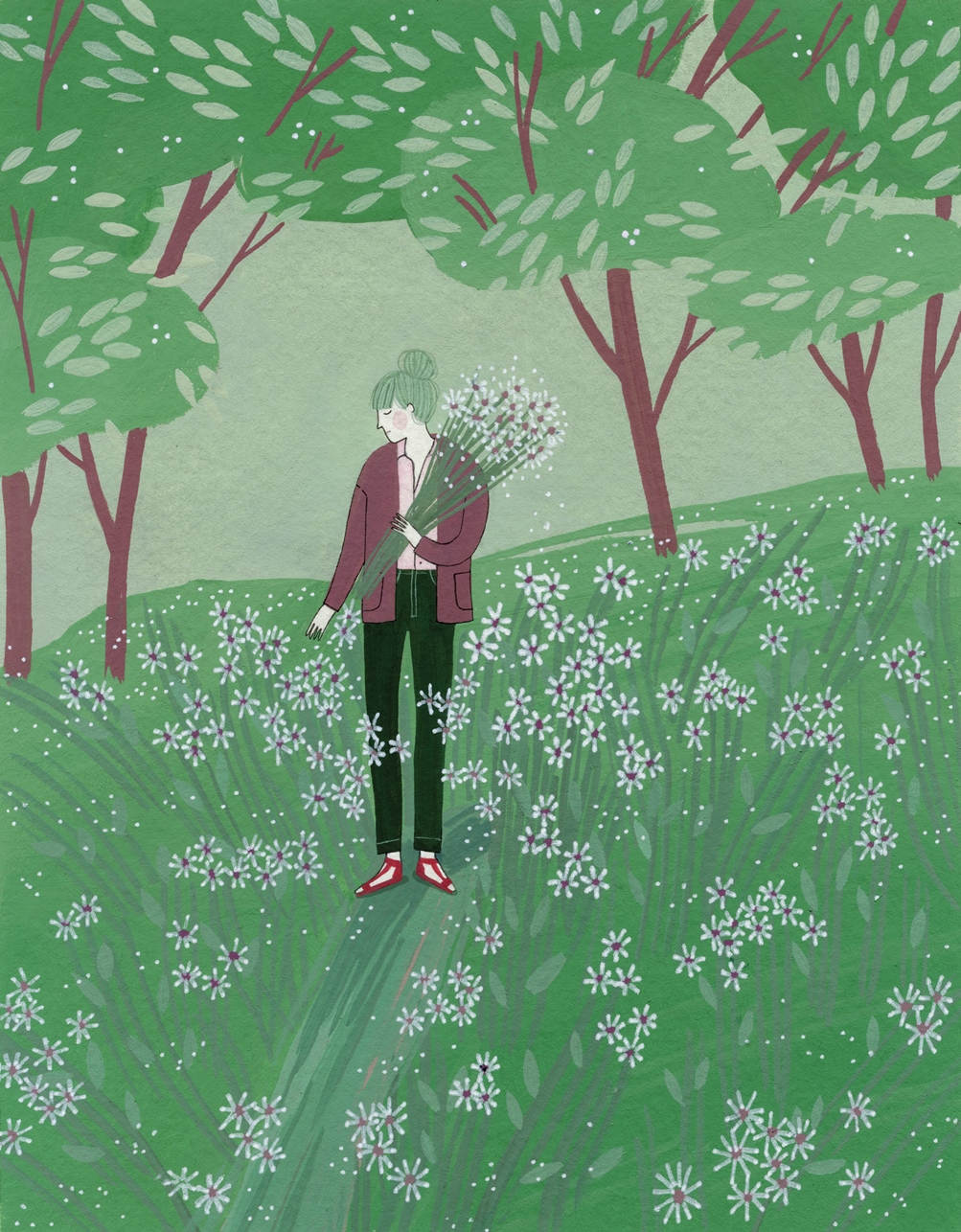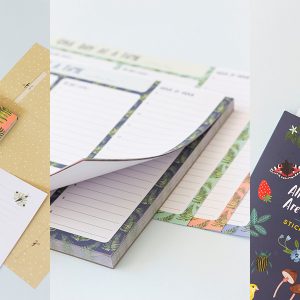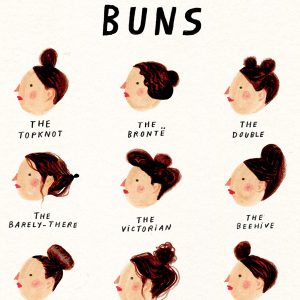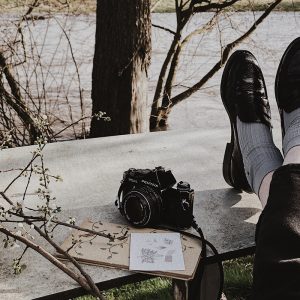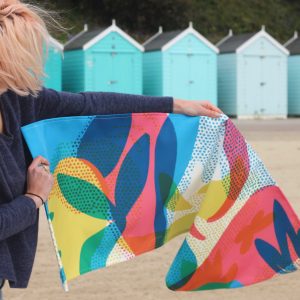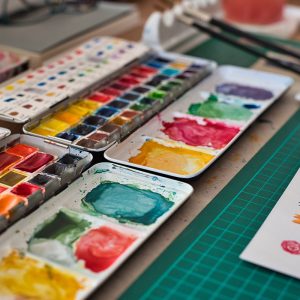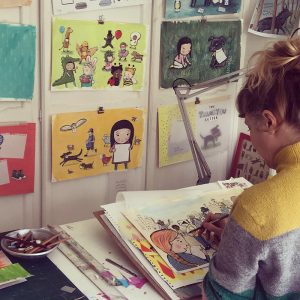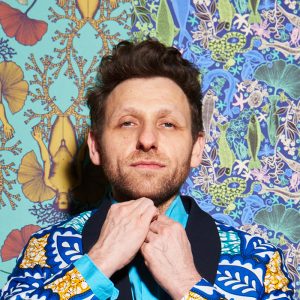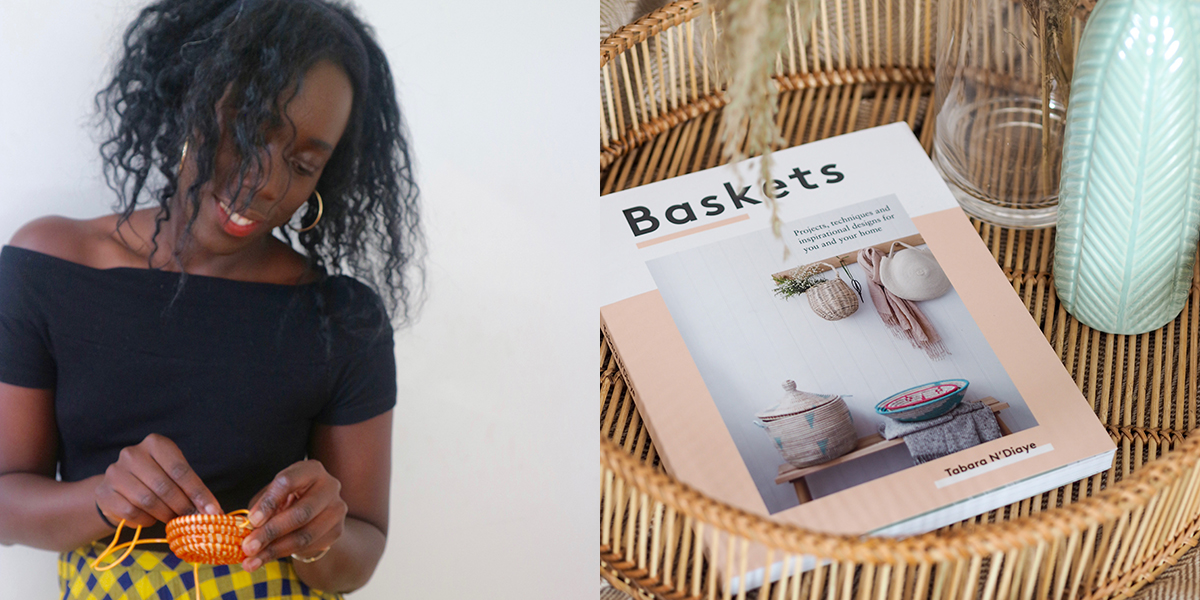Sometimes life shows us its less-than-pretty side. You lose a loved one, your job or your sense of confidence. How do we find solace, especially if there’s no one there to support us? In Flow issue 12 journalist Otje van der Lelij finds that the arts can make us feel better again. Below, you can read a preview of the article.
In everyone’s life, things happen that can make us feel disappointed, upset or sad (sometimes all at once). This happens to me, for example, when I think of my grandmother, who was always so kind and empathetic, but who is no longer alive. I miss her with a kind of sadness that lodges itself like a sharp stone between my ribs. My thoughts just keep circling around my pain, and I don’t always have someone there to comfort me. Sometimes I don’t feel like knocking on a friend’s door like a wounded little bird; I want to solve the issue myself. But how do we do that? How do we comfort ourselves?
Ephemeral connectedness
For a long time, religion was a source of solace. If life was painful, we could fall back on the close-knit community of the church or the small village in which we lived. But as cities get bigger and we can move so easily, we’ve lost a little of this civil solidarity, according to theologian and psychologist Claartje Kruijff, even though there still is a need for it. “At funerals and during collective rituals, I notice that there’s a clear desire for connection and closeness,” Kruijff observes. “Take, for example, an annual event to raise awareness for something like cancer or ALS. On days like these, emotions overflow. We feel the warmth and the need for people to console each other; to make contact on a deeper level. What really fascinates me is that this connected feeling is gone a few days later, because the community— the place where we all meet—no longer exists. We live in a time of ad hoc communities: moments of intense contact and support that fade again quickly.” And, she says, because we cannot find solace from the community, we go looking for it in other ways.
Kruijff is not a missionary who wants to fill seats for the church, but she does think that the essence of solace is found in solidarity: feeling connected to a community, but also to stories, to nature and art.
- This article was publihsed in issue 12.
Text Otje van der Lelij Illustrations Yelena Bryksenkova


